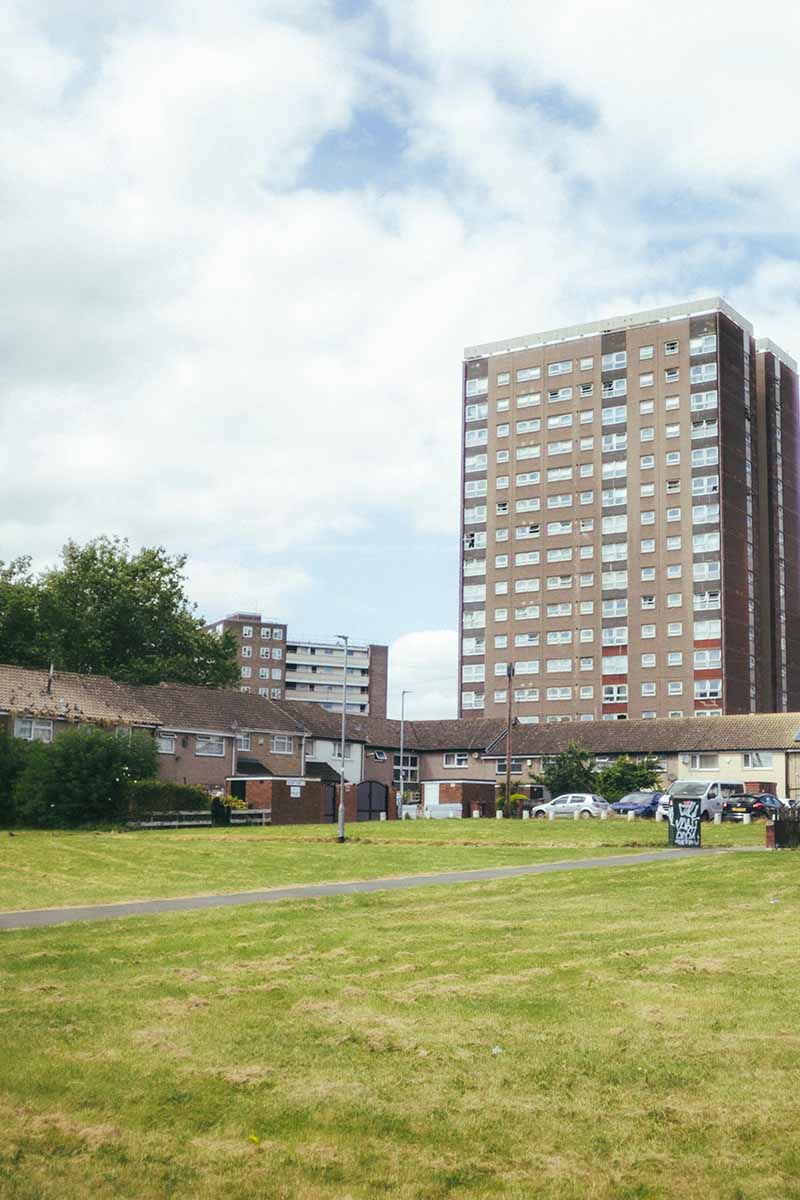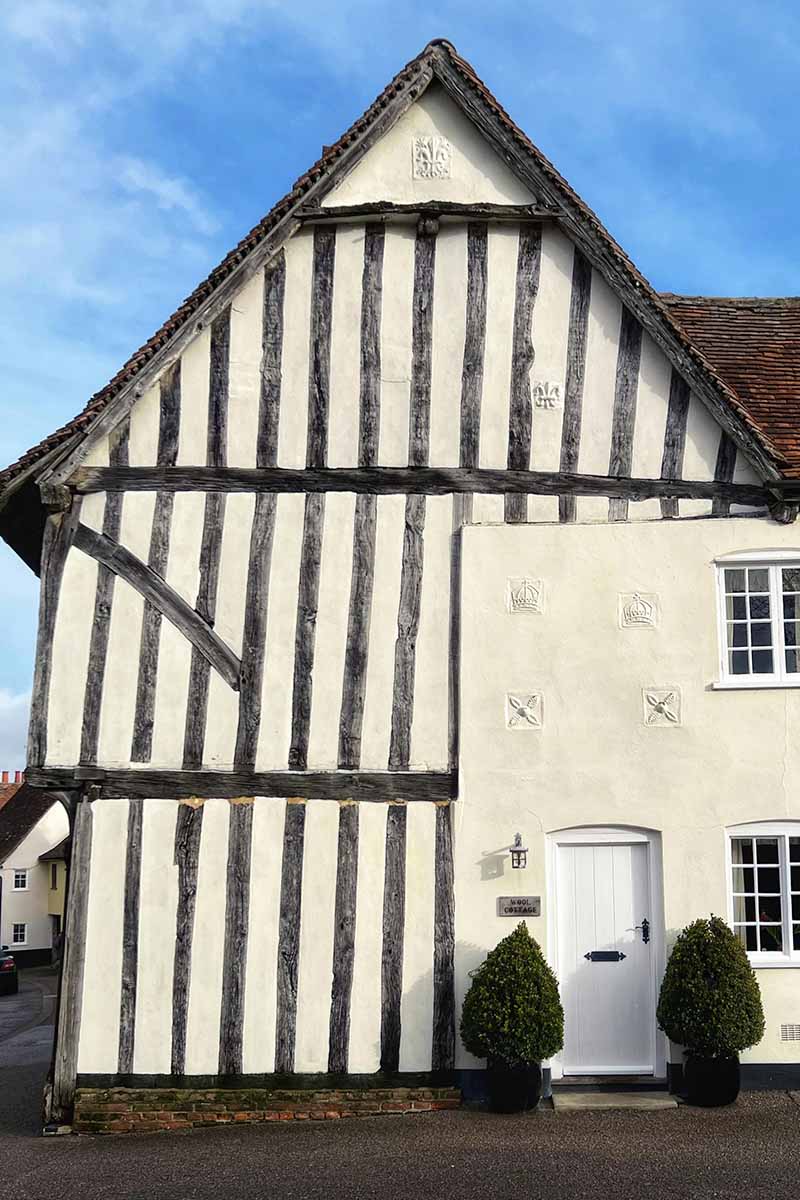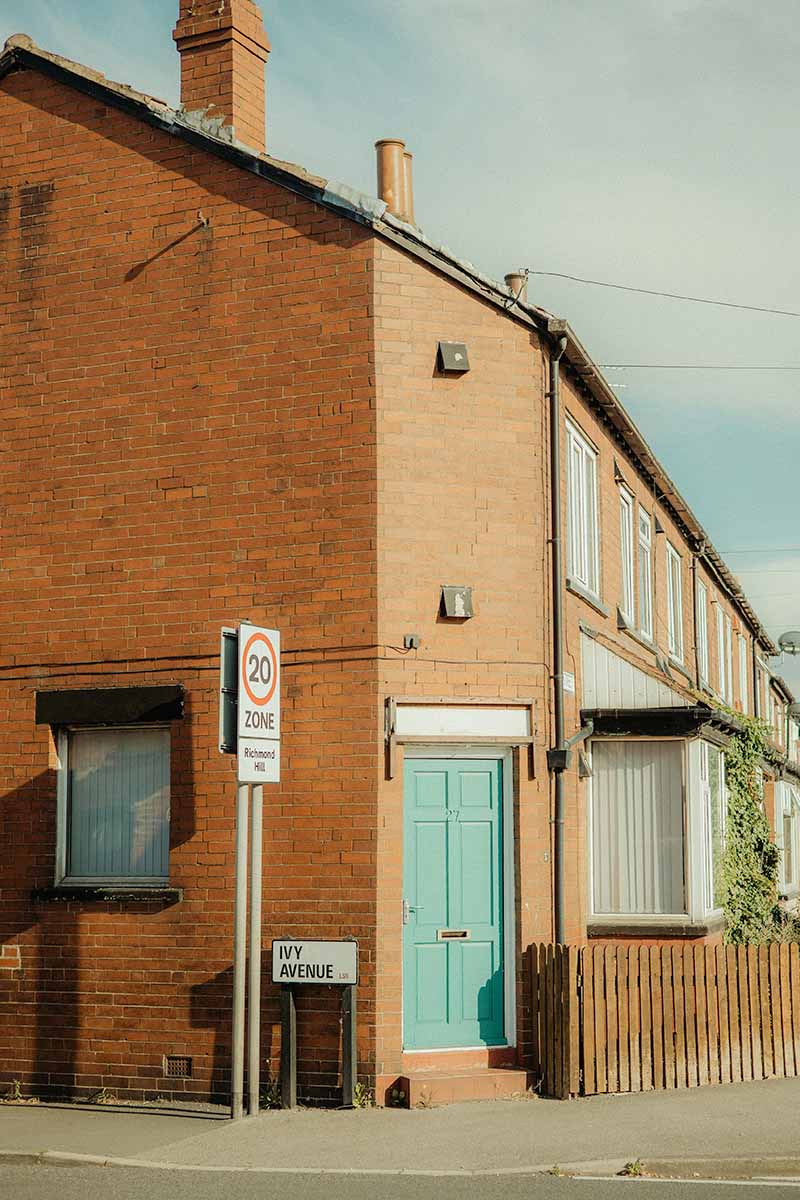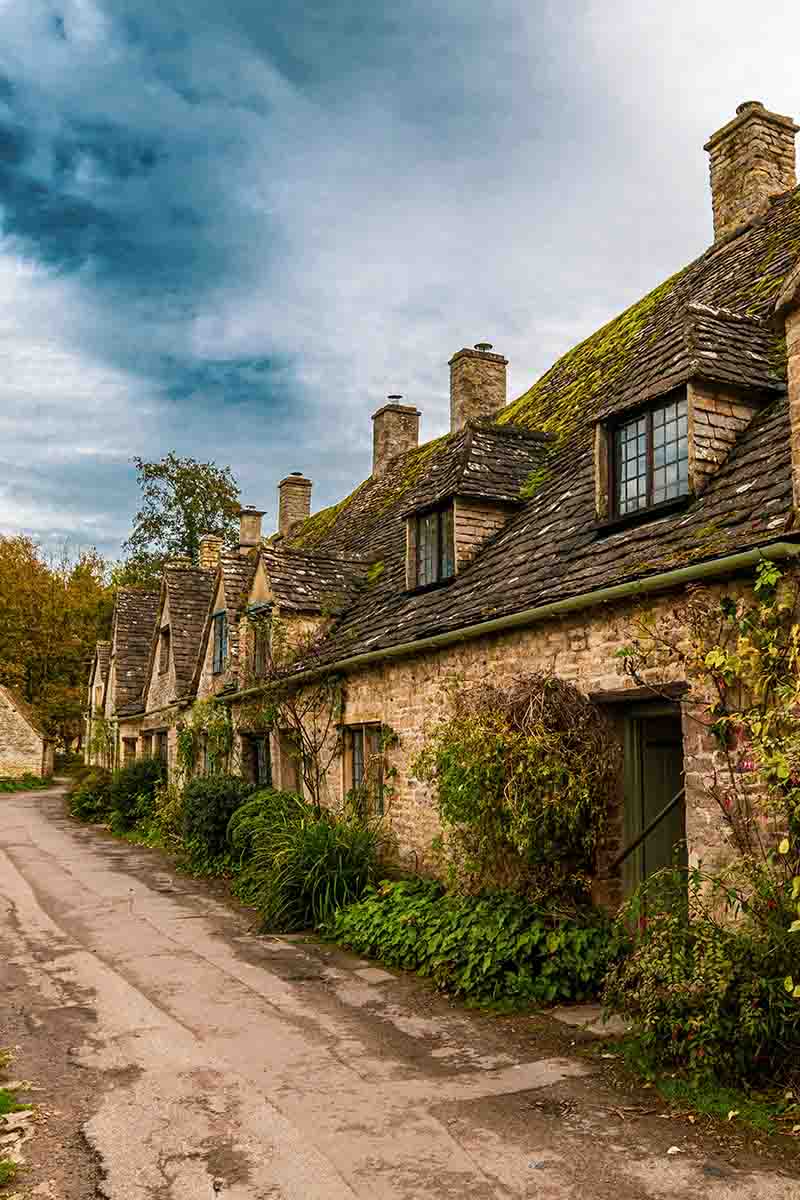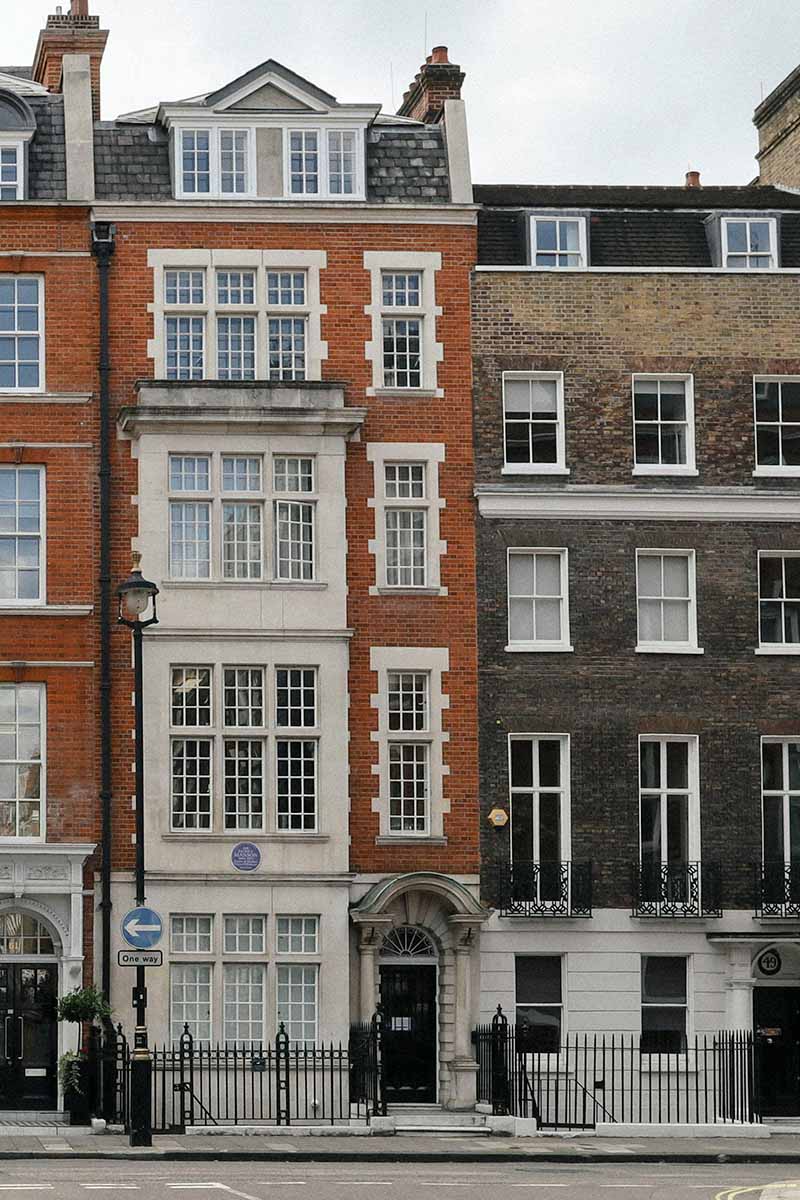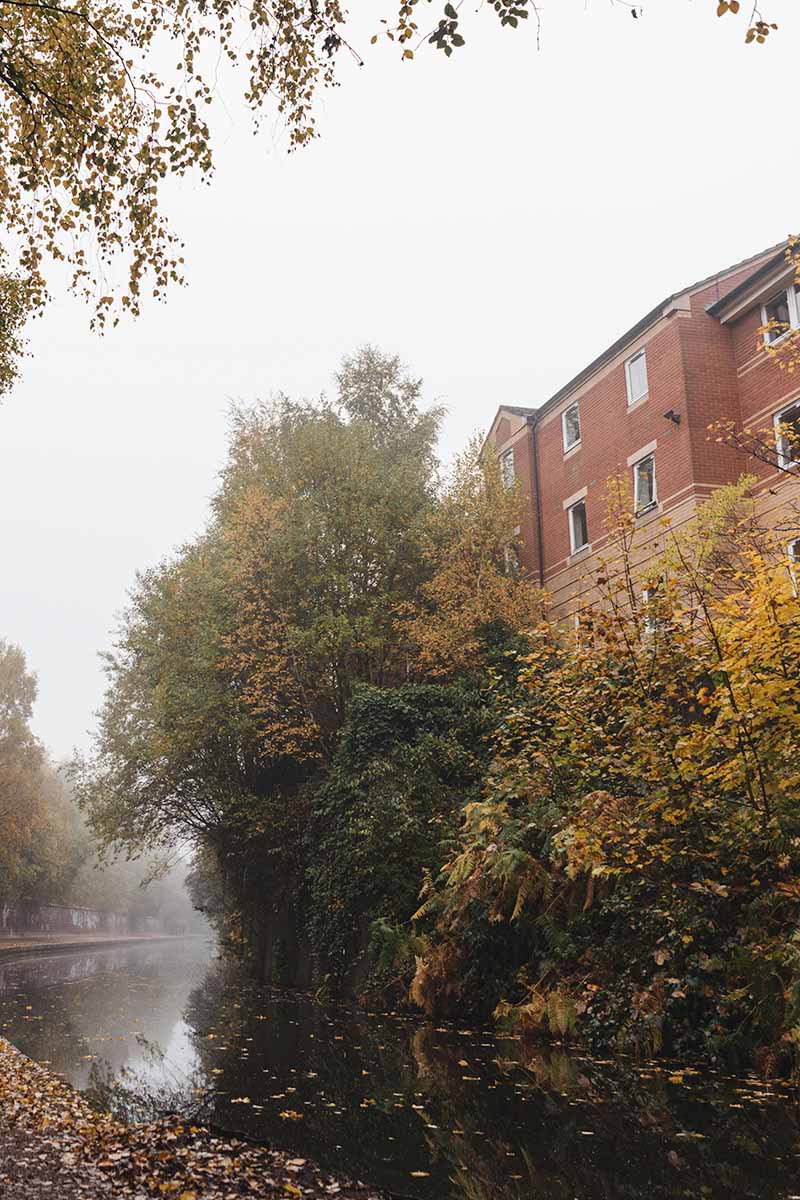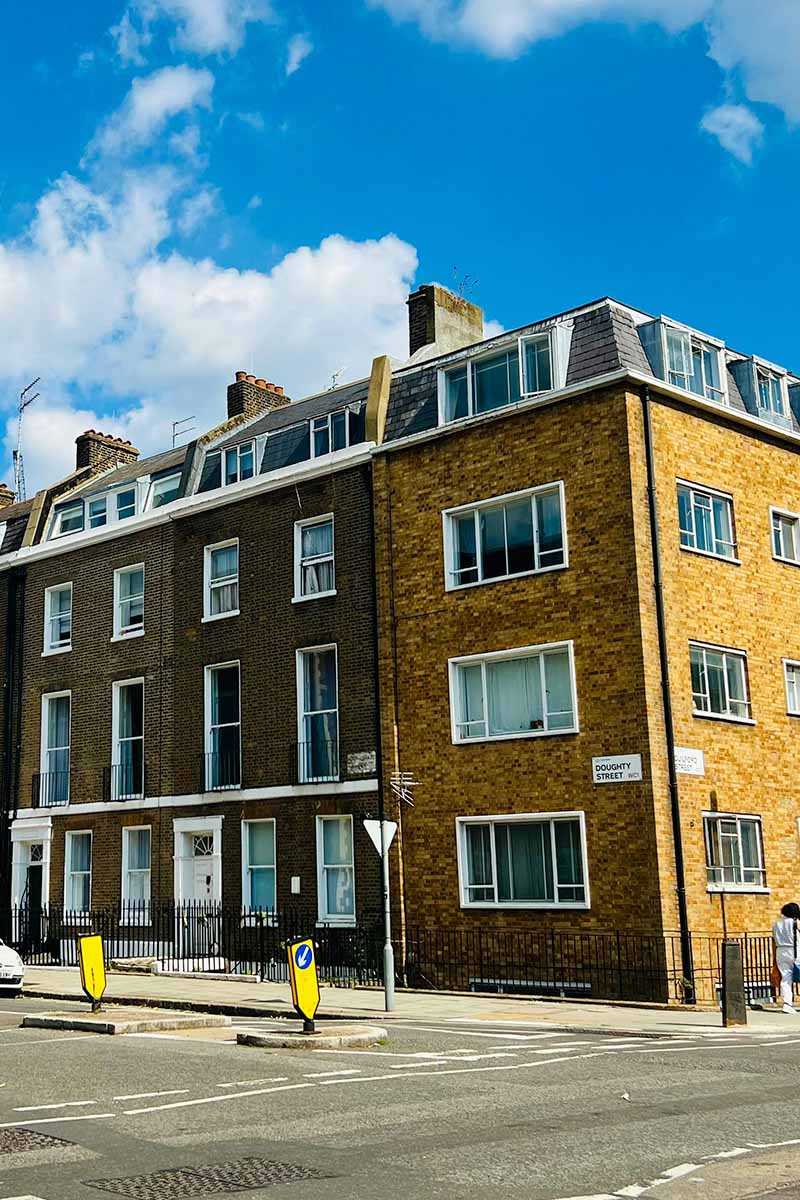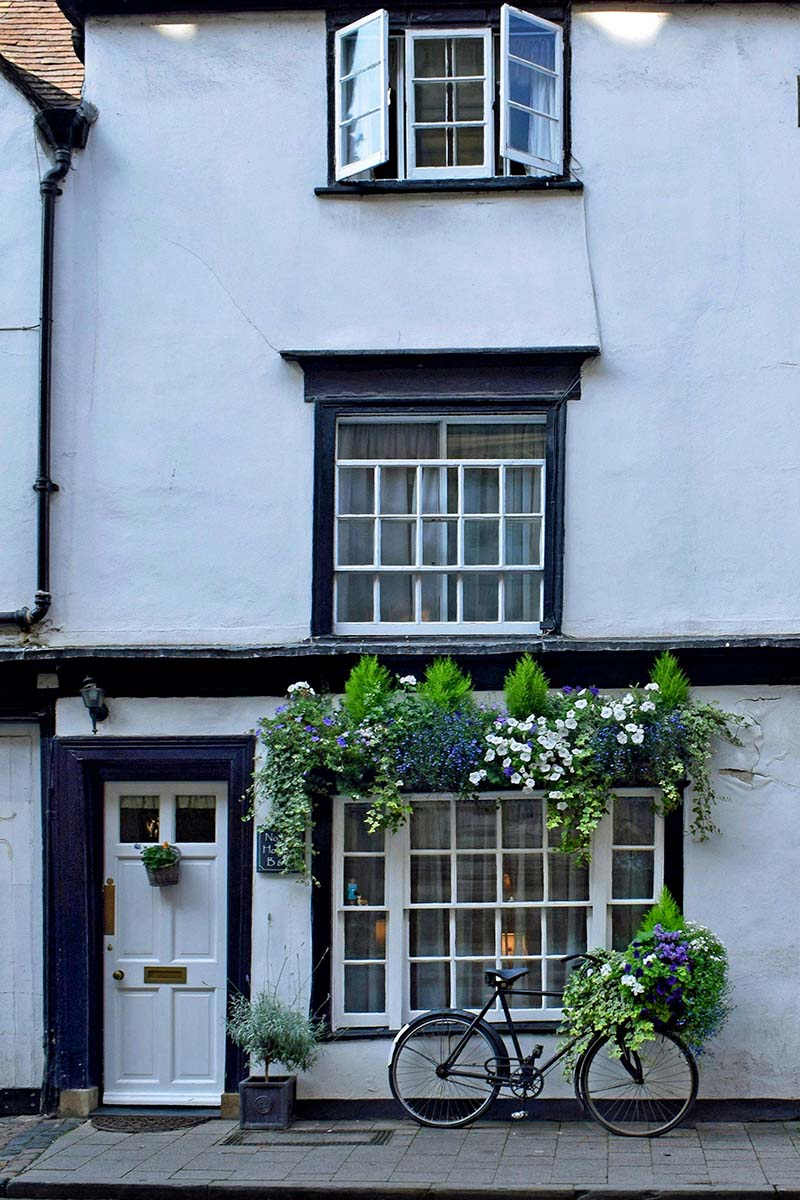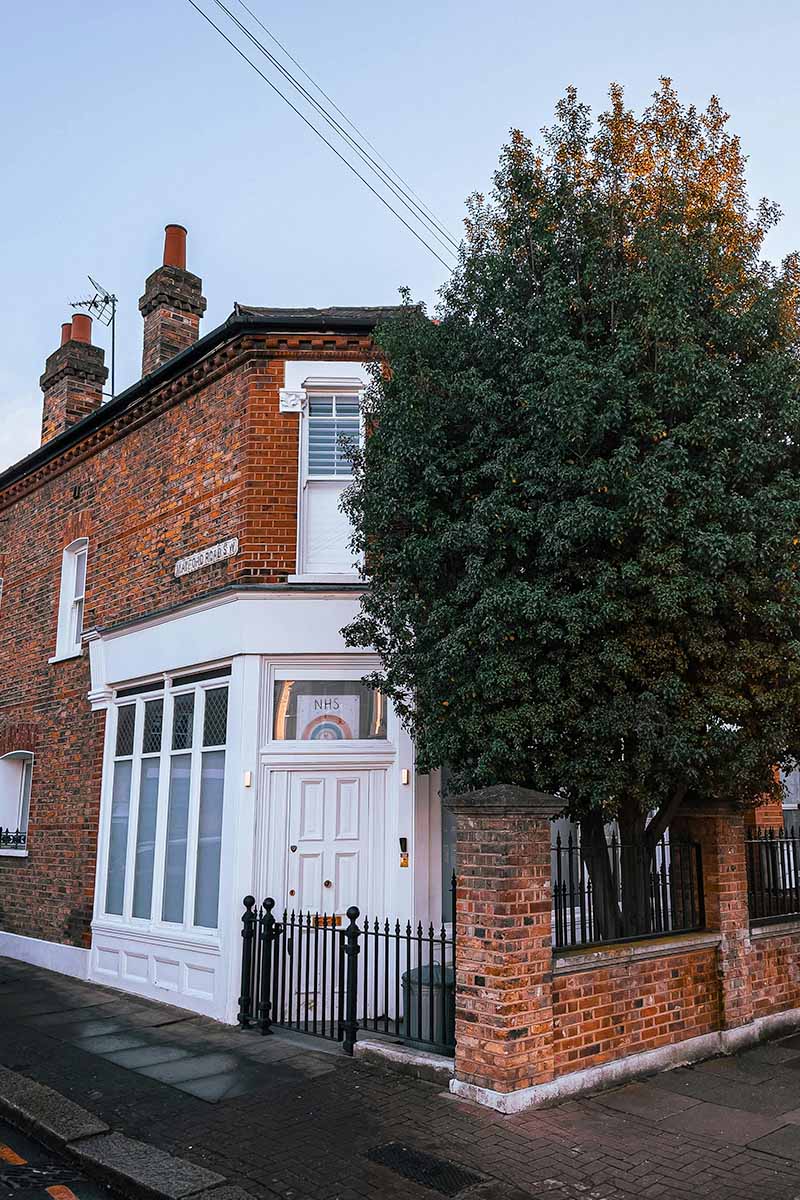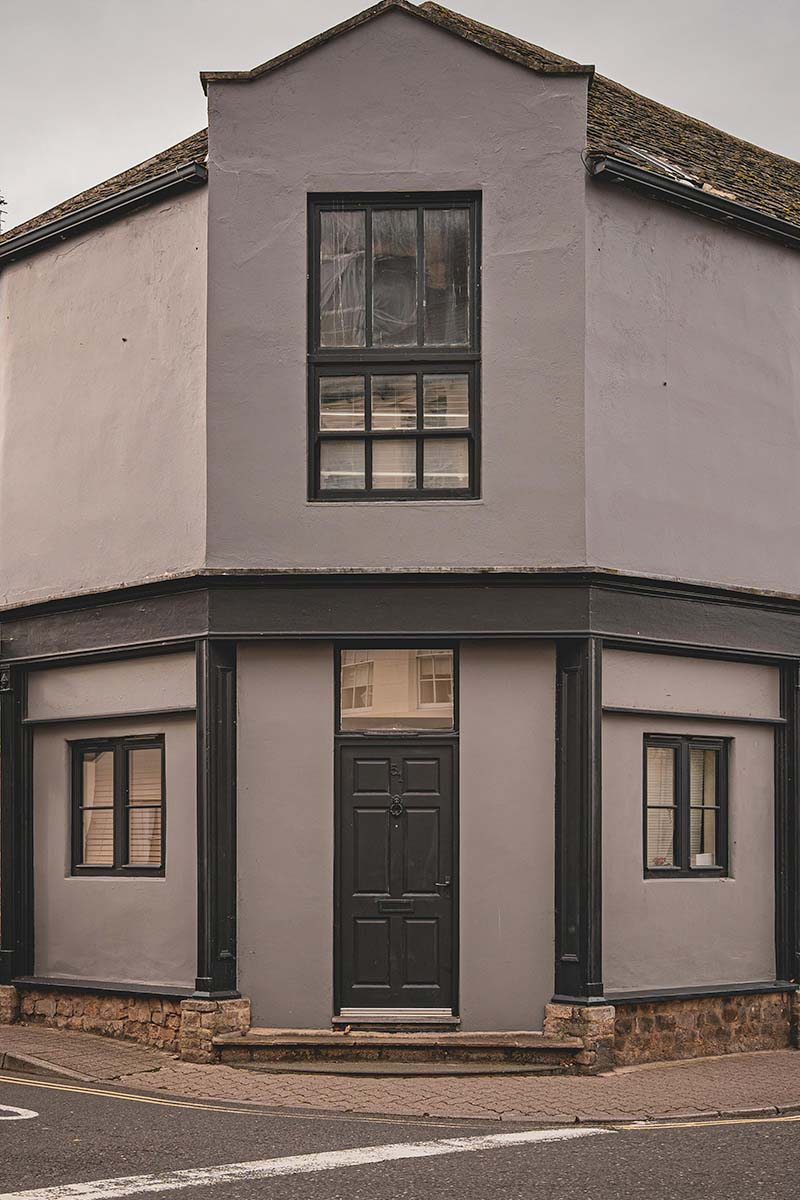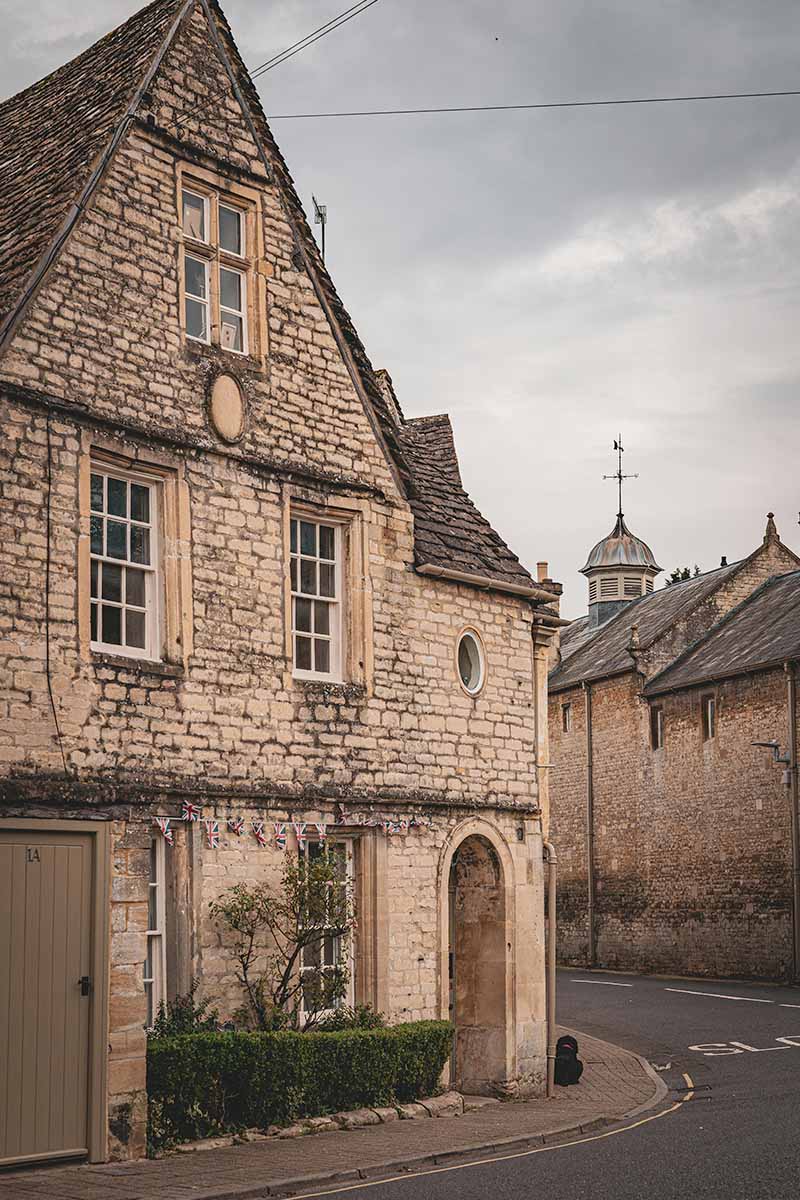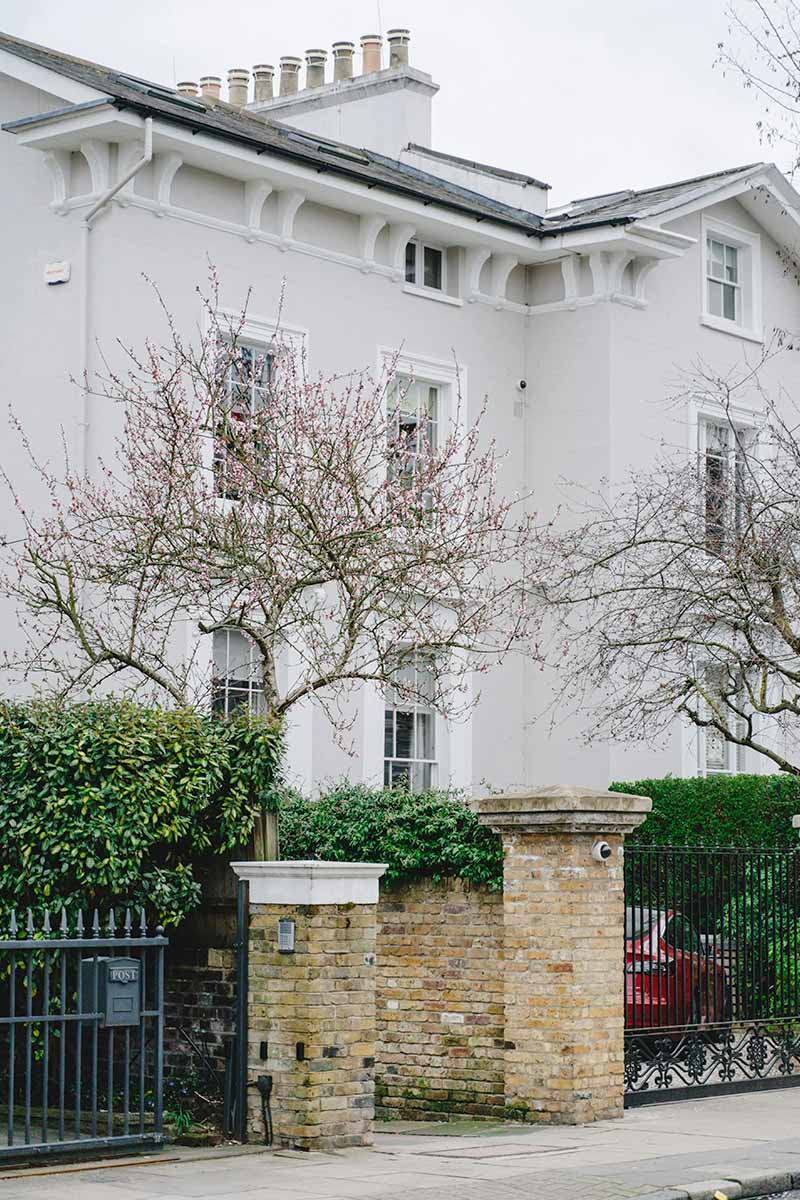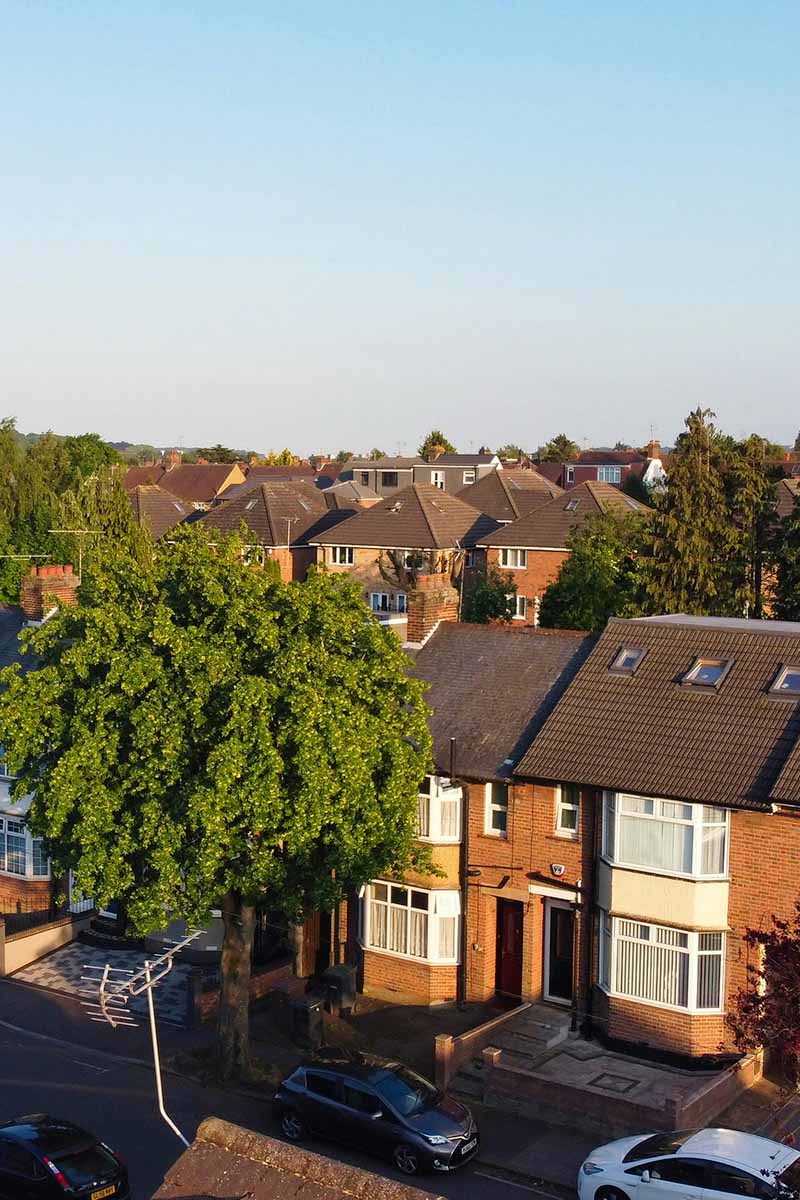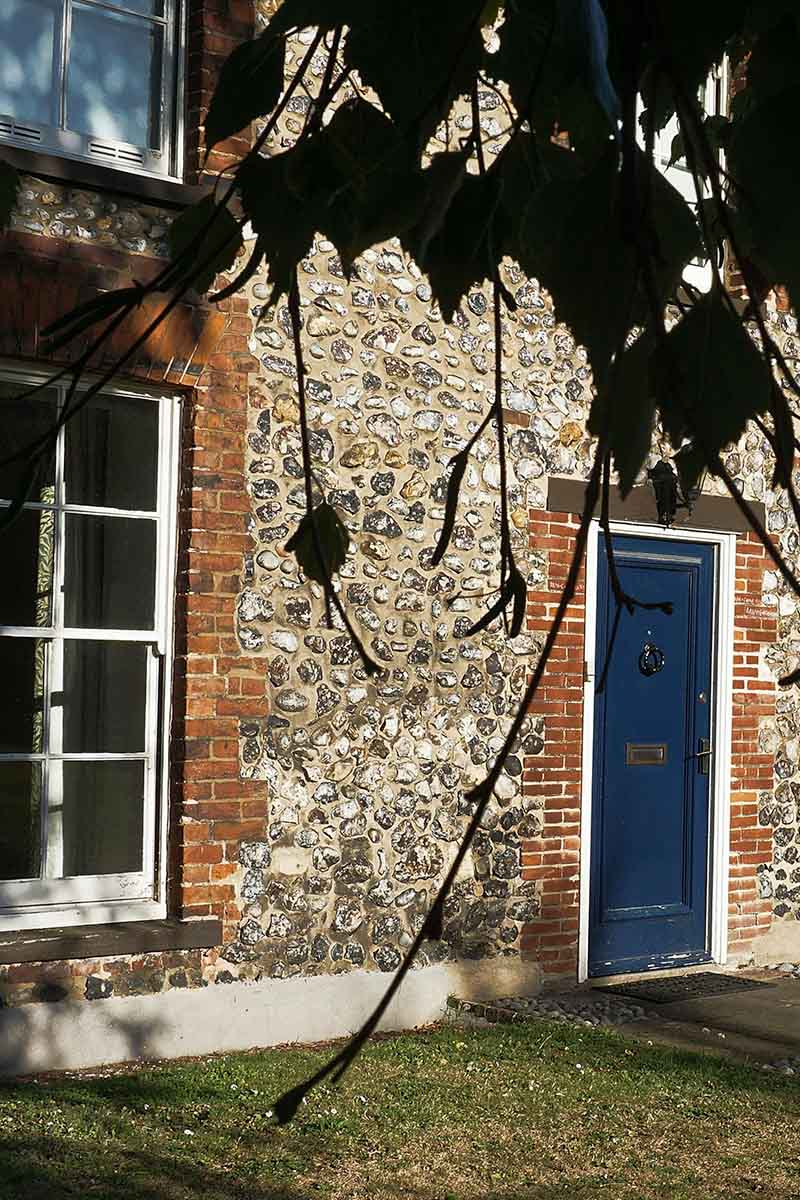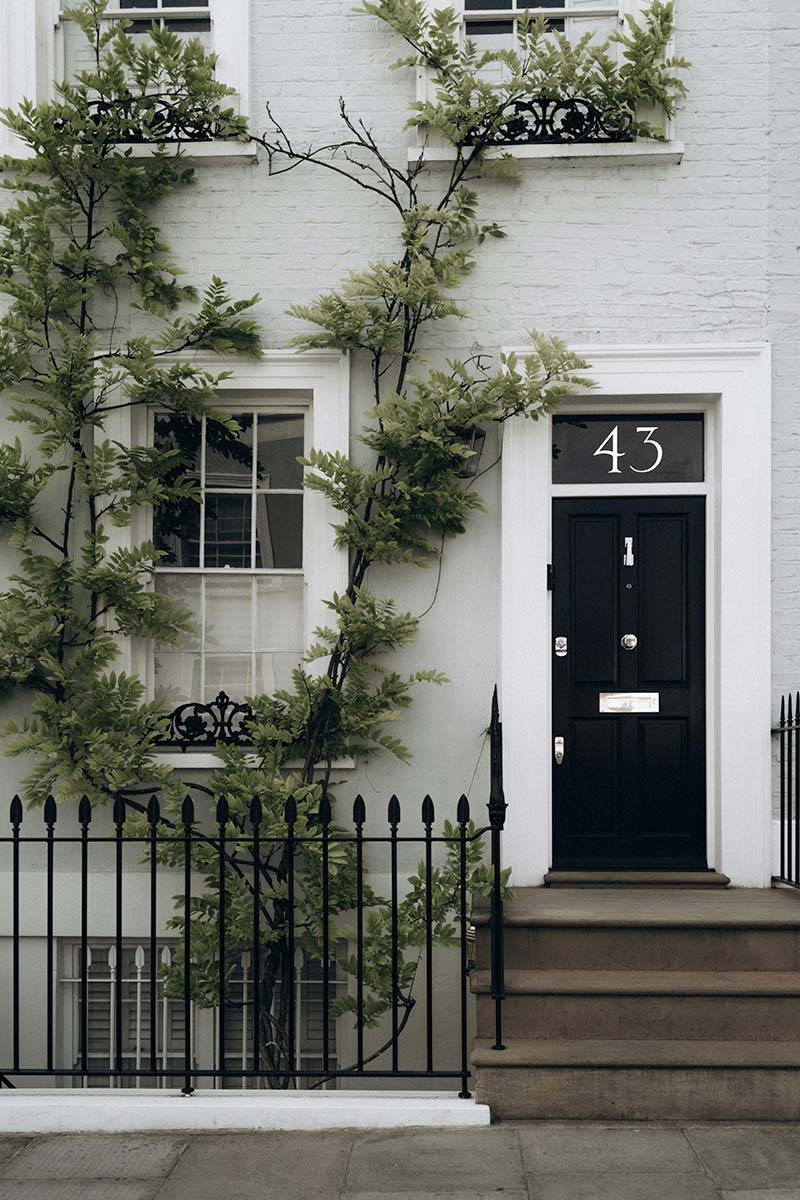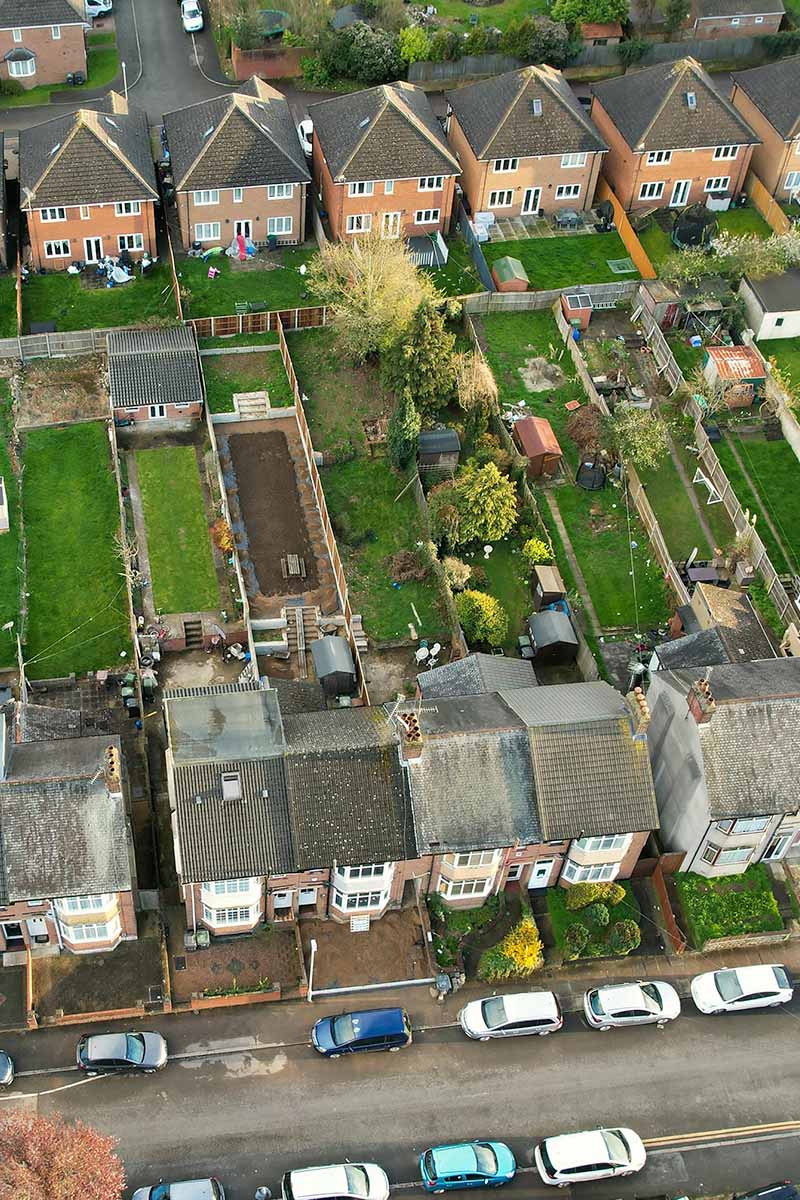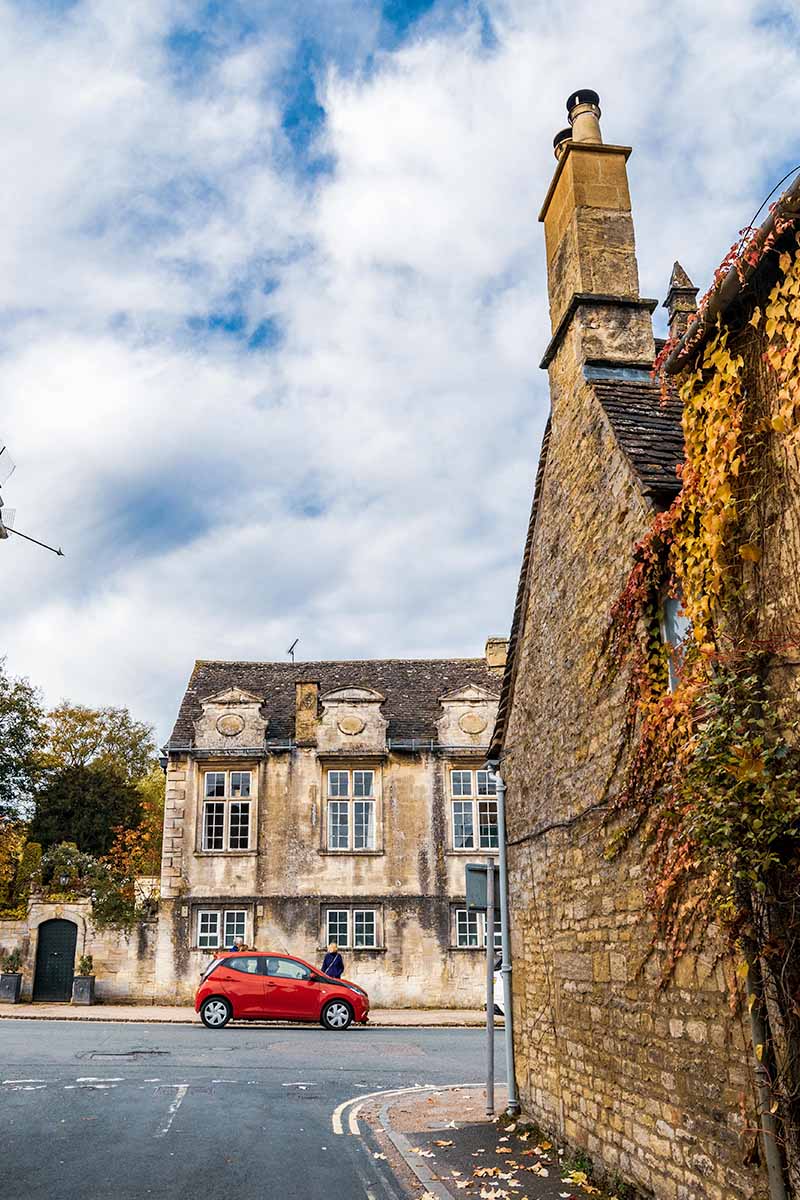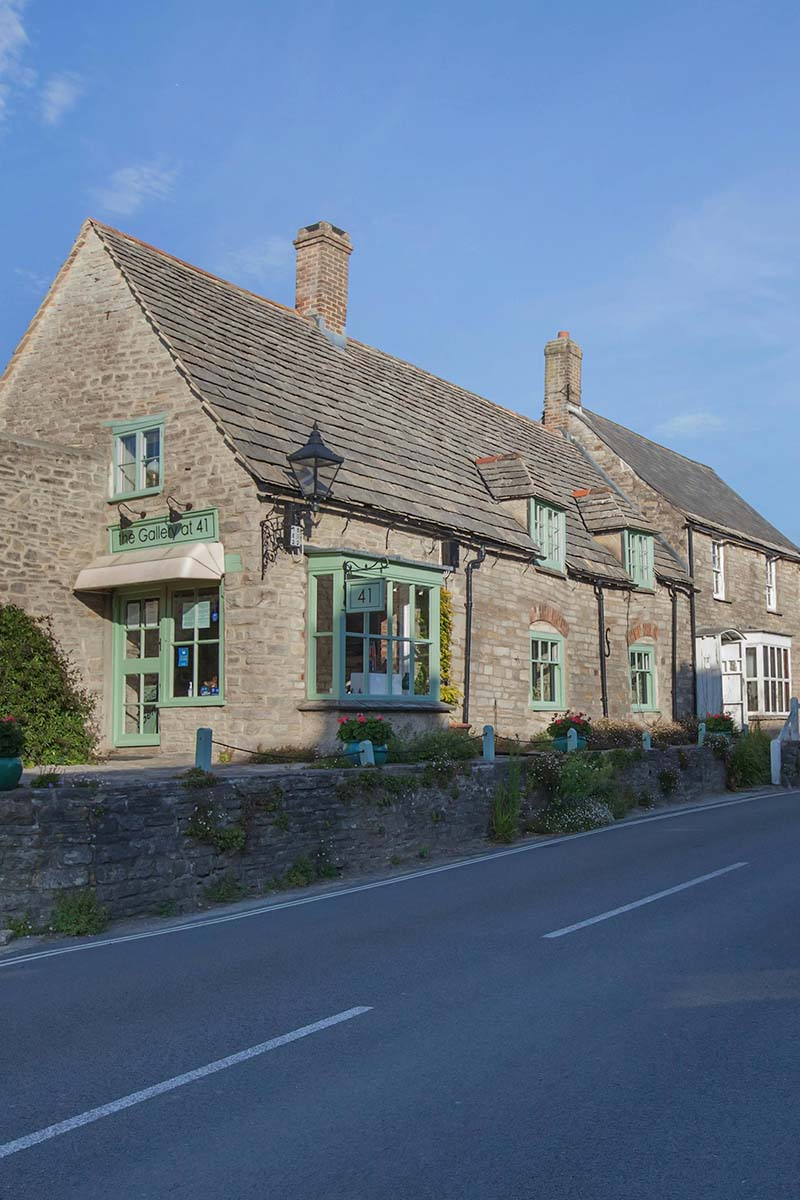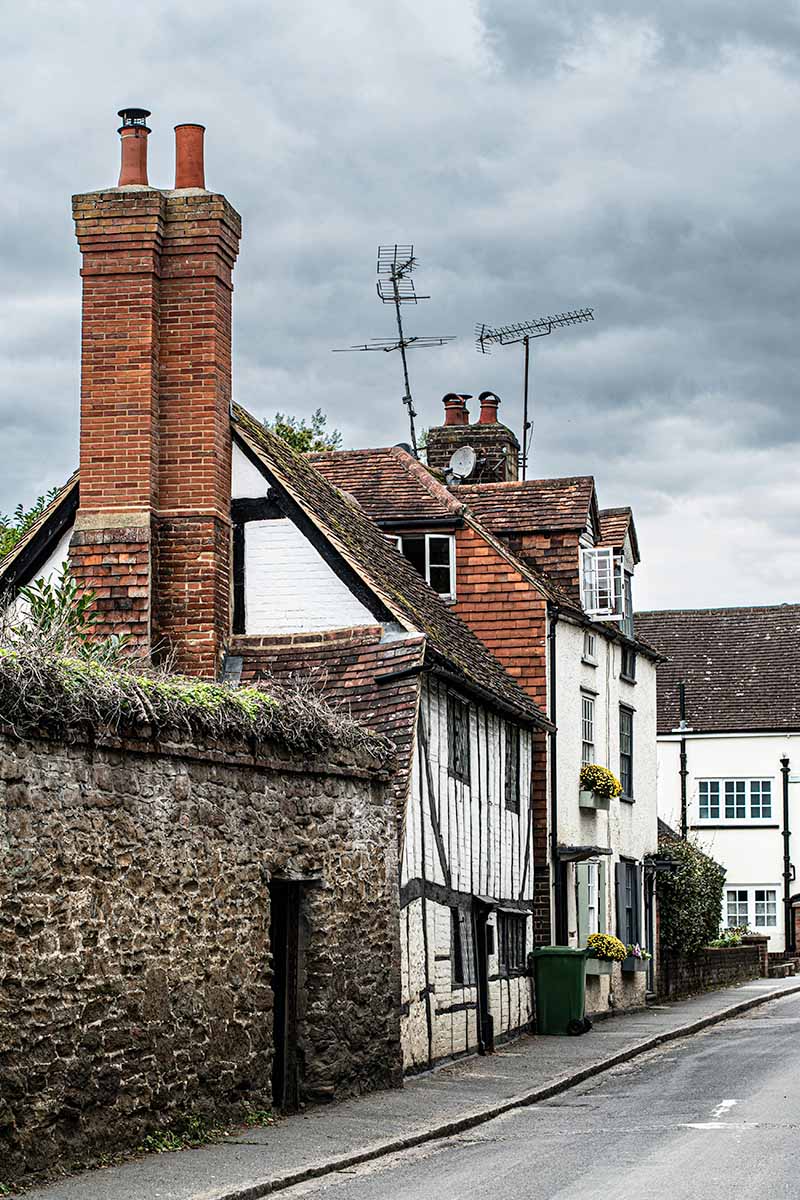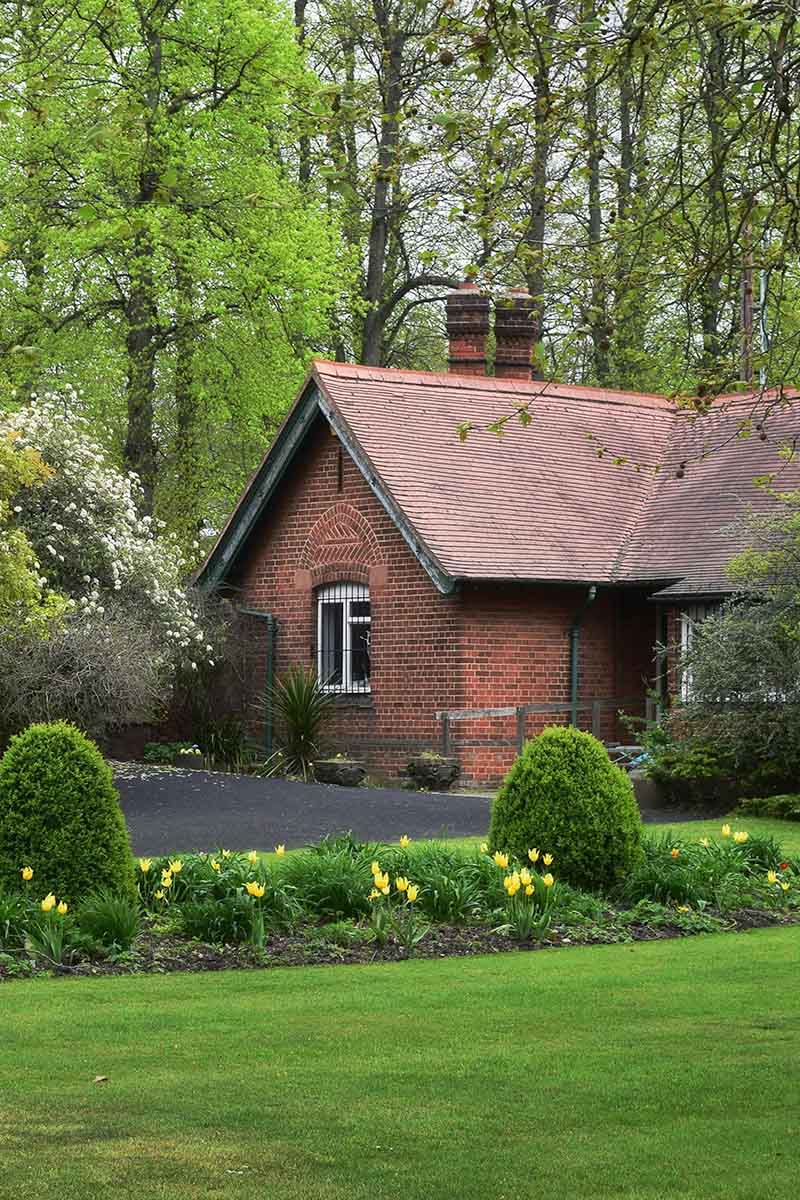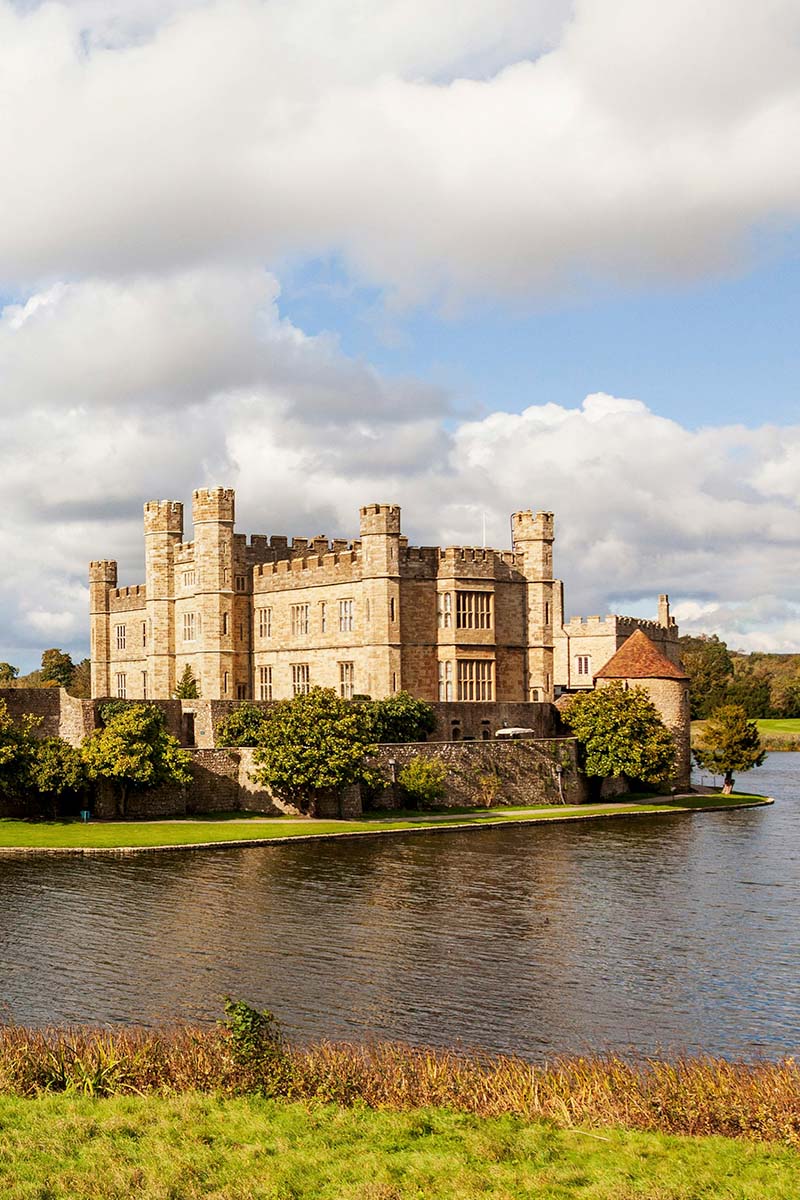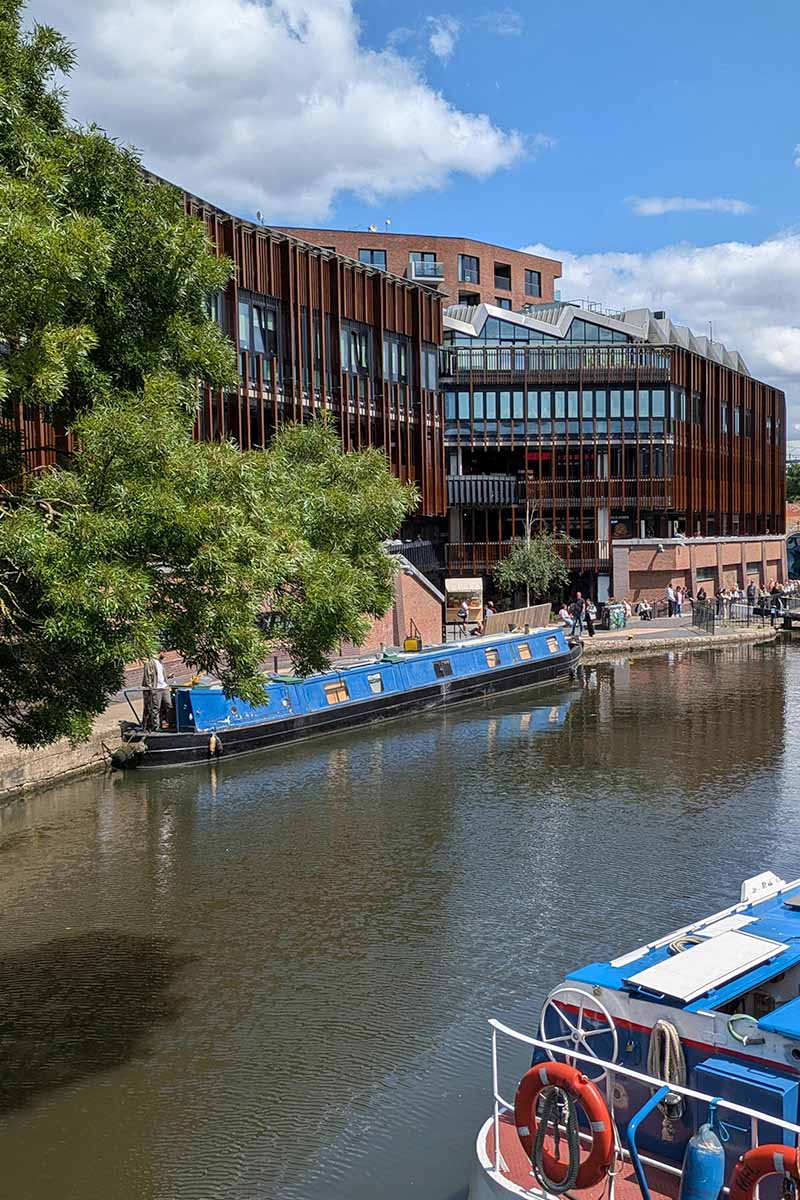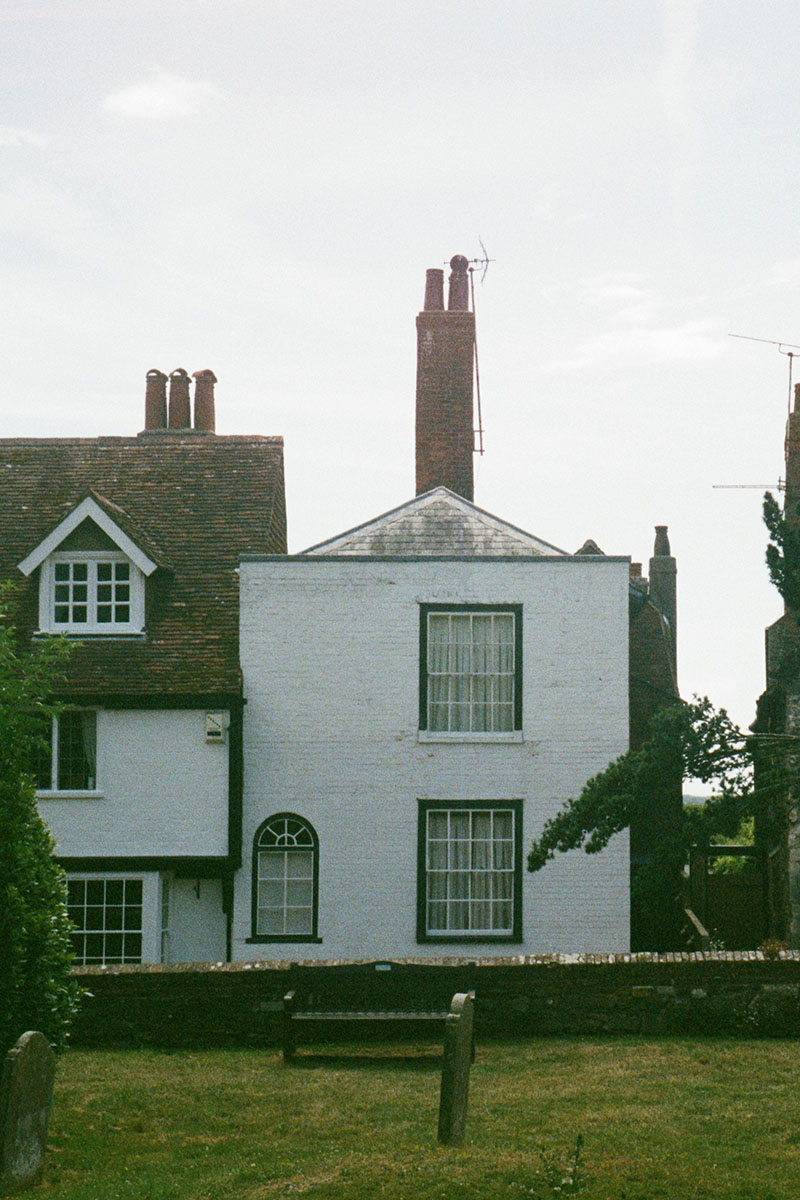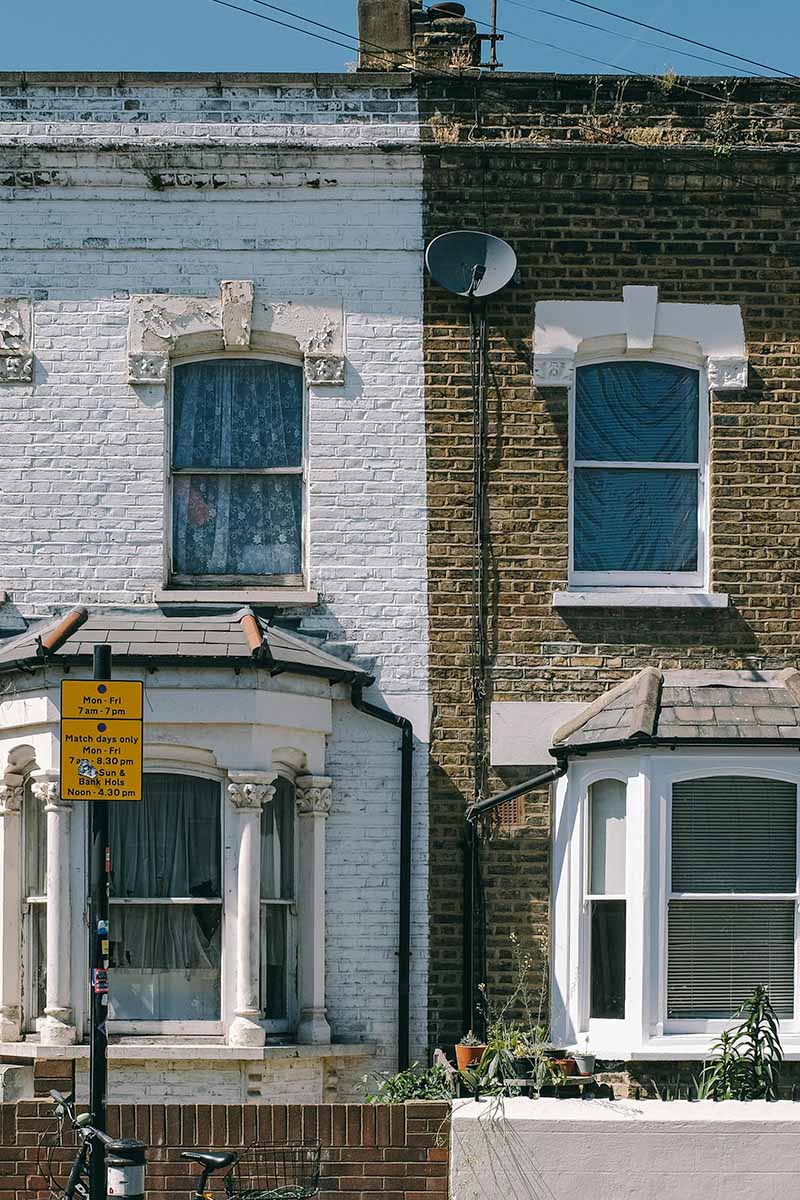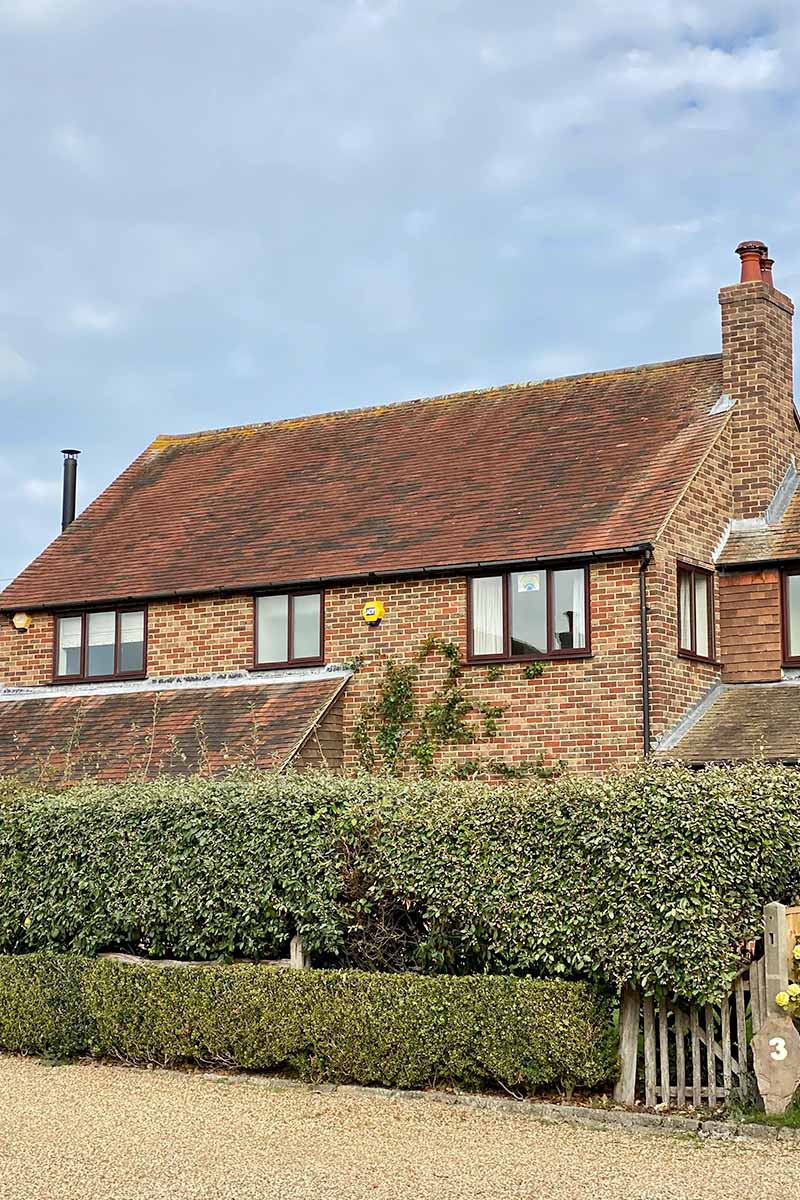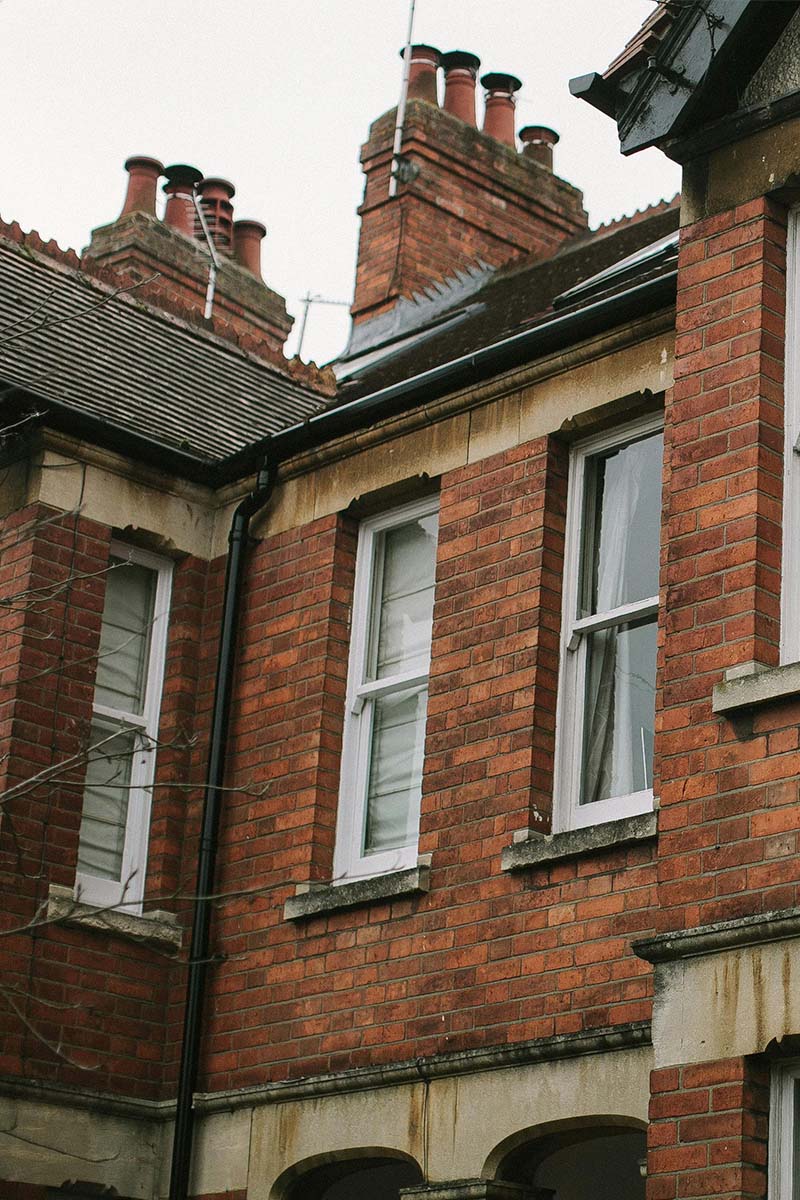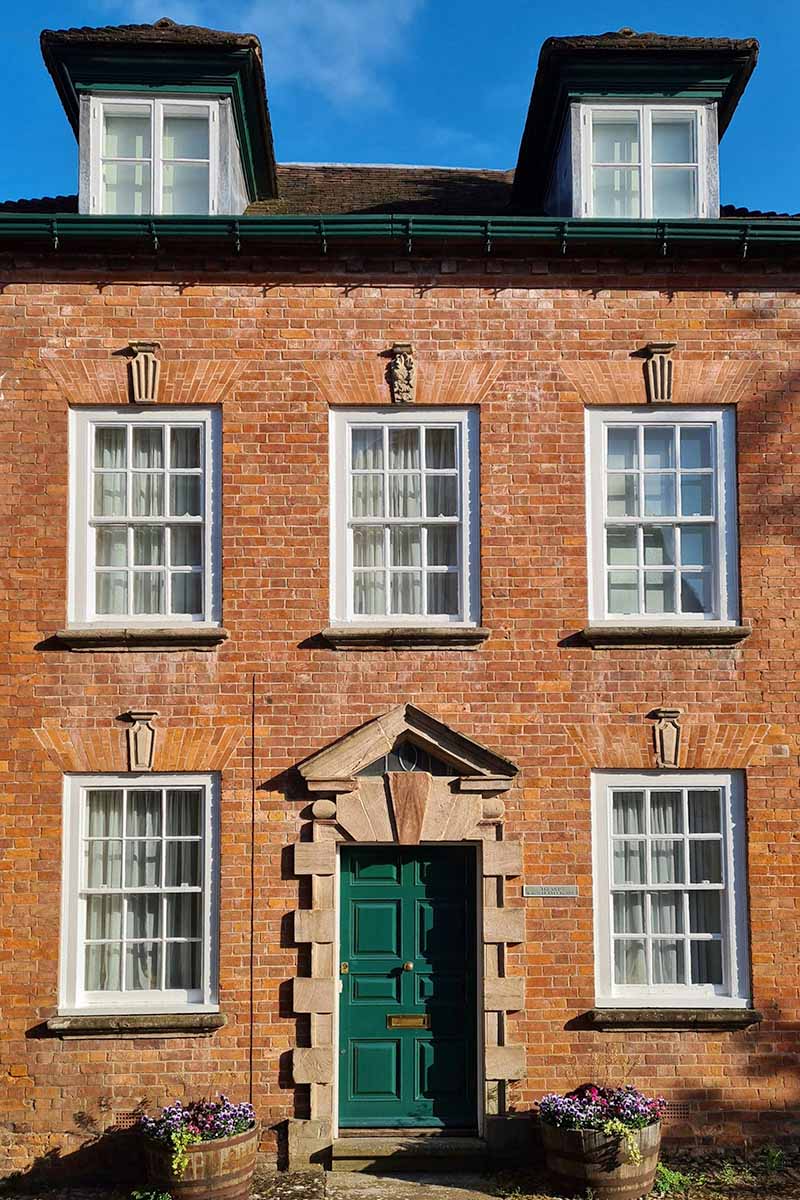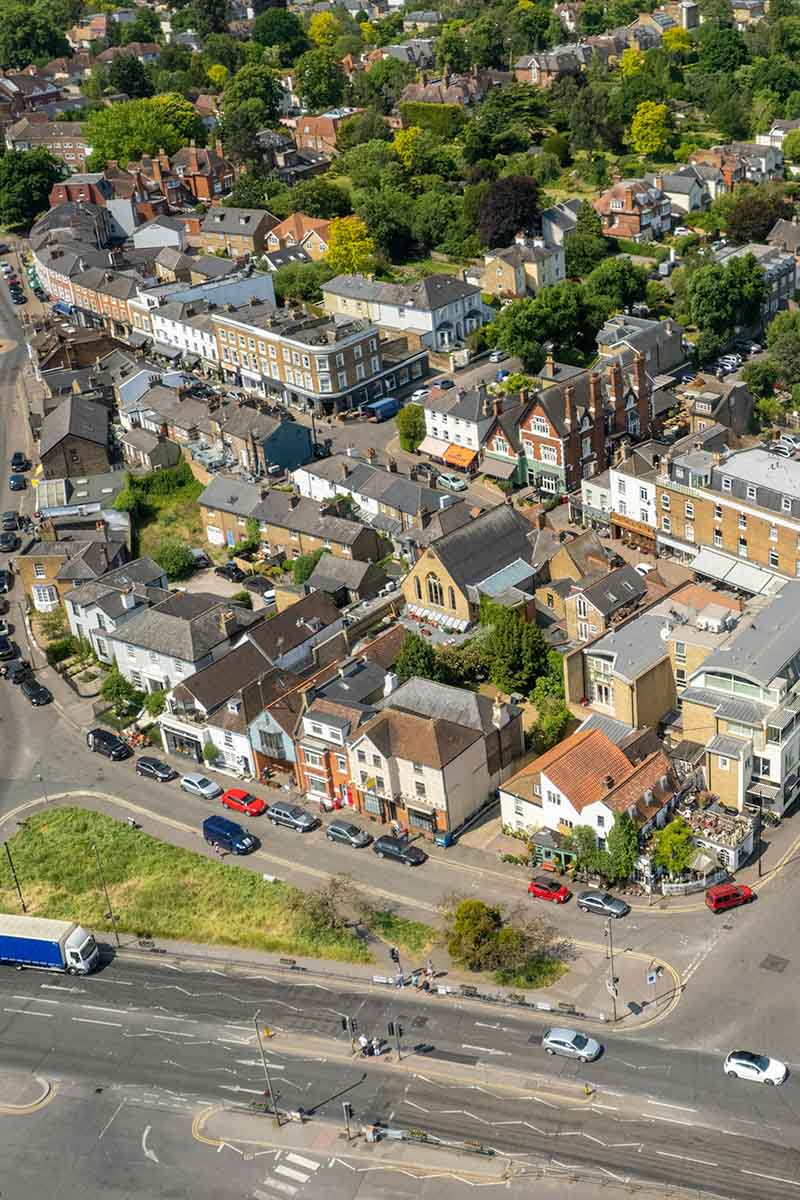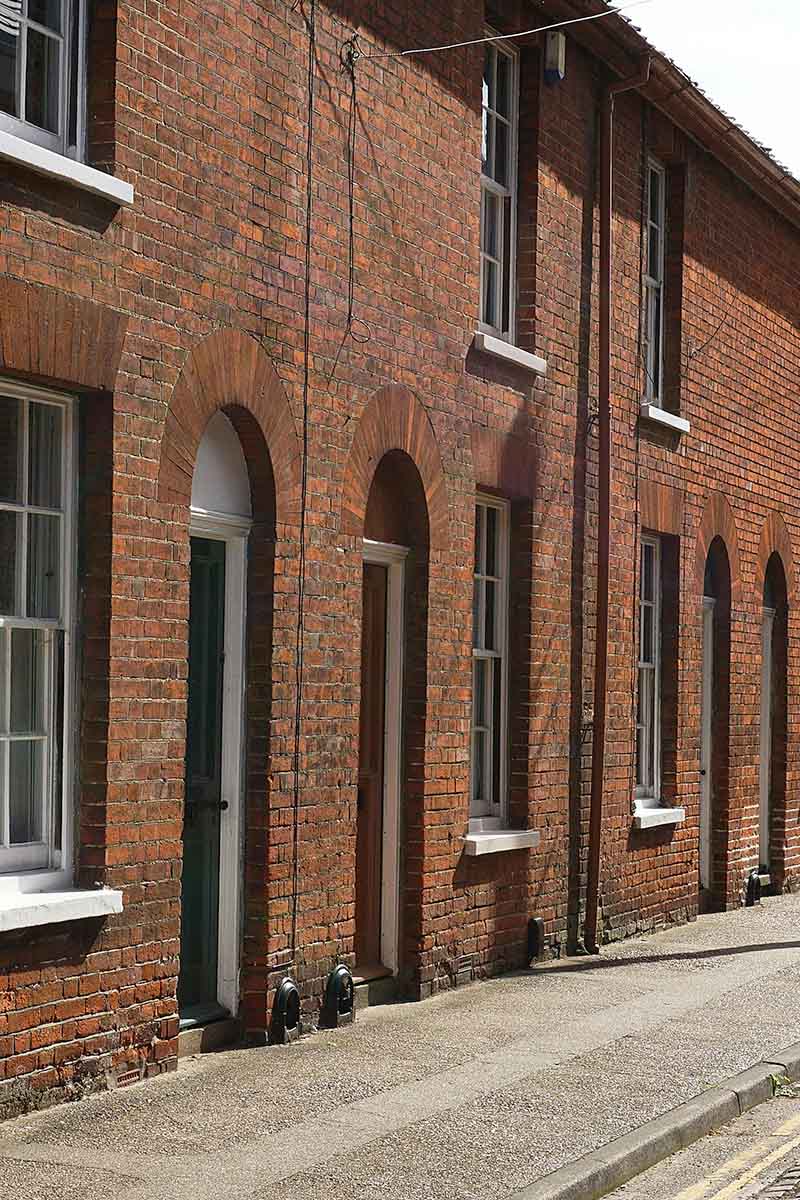Inheritance tax on UK residential property: do you have to pay?
The answer depends on the value of the estate and who the beneficiaries are. IHT has specific thresholds – including the nil-rate band and an extra residence nil-rate band for a family home – that determine how much can be passed on tax-free. There are also special rules for spouses, civil partners, children or other heirs, and for gifting property before death. This guide explains all these scenarios with clear examples, plus what happens if multiple people inherit a property and whether any capital gains tax arises when selling an inherited home.
Whether you’ll pay IHT on a property depends on the estate’s value and who the home is left to.
- The first £325,000 of an estate is tax-free (the nil-rate band).
- If a home is left to children or grandchildren, an extra £175,000 may be tax-free.
- Married couples can transfer unused allowances – potentially passing on up to £1 million tax-free.
- If the estate goes to a spouse or civil partner, no IHT is due.
- Unmarried partners, friends and siblings don’t get the extra allowances – they may face a higher bill.
- Gifting a home before death could avoid tax if you survive 7 years, but there are important rules to follow.
- Selling an inherited home may also trigger capital gains tax if it rises in value after inheritance.

IHT thresholds and allowances: nil-rate band and residence nil-rate band
Inheritance tax only applies to the value of an estate above a certain threshold.
- The nil-rate band is currently £325,000.
- The residence nil-rate band adds a further £175,000 when a home is left to direct descendants.
- Together, this means up to £500,000 can often be passed on tax-free.
These figures are per individual – so couples can potentially pass on £1 million tax-free, depending on how their wills are structured and who inherits the home.
For example, an estate worth £450,000 left to a child would likely pay no IHT if both thresholds apply. But if the same estate were left to a friend, only the £325,000 nil-rate band applies – meaning £125,000 would be taxed at 40%, resulting in a £50,000 tax bill.
Large estates and tapering
Large estates over £2 million start to lose the residence allowance. It’s reduced by £1 for every £2 above that threshold and removed entirely once the estate reaches £2.35 million.
Spouses and civil partners: inheriting a home tax-free
There’s no IHT to pay when a home passes to a legal spouse or civil partner.
- The entire estate can be passed on tax-free.
- Any unused tax-free allowances (nil-rate band and residence nil-rate band) can be transferred.
This means that when the second partner dies, their estate may benefit from double the normal allowances. In practice, a married couple or civil partners could leave up to £1 million to children tax-free – provided the family home is included in the estate.
Unmarried couples do not get this benefit. If you’re cohabiting but not legally married or in a civil partnership, you may need estate planning to reduce your tax liability.
Children and direct descendants: using the residence allowance
If a home is passed to a direct descendant, the estate can apply the residence nil-rate band.
- This adds £175,000 of tax-free allowance on top of the £325,000 basic threshold.
- Direct descendants include children, stepchildren, grandchildren, and adopted or foster children.
Only one home can qualify, and it must have been the deceased’s main residence. If you’ve sold or downsized before death, you can still benefit from the allowance if the value passed on is equivalent.
For example, if a widower leaves a £600,000 estate to two children, £500,000 may be exempt using the nil-rate and residence nil-rate bands. Only £100,000 would be taxed at 40%, giving a bill of £40,000.
Other beneficiaries: inheriting property as a relative or friend
You only get the residence nil-rate band if the home is left to direct descendants.
- Leaving your house to a friend, sibling, or unmarried partner means only the standard £325,000 nil-rate band applies.
- Anything above this is taxed at 40%, unless any unused allowances from a late spouse are available.
This often means significantly more tax is due unless the estate is small.
Gifting property before death: the 7-year rule
If you gift your home during your lifetime, it may still be taxed if you die within seven years.
- Survive for seven years and the gift becomes exempt.
- If you die sooner, the gift may be taxed depending on how many years have passed.
A sliding scale of tax applies from year 3–7 (known as taper relief).
Be careful if you continue to benefit from the property (e.g. live in it rent-free). HMRC may treat it as though you never gave it away. This is known as a “gift with reservation of benefit”.
Multiple beneficiaries: splitting an inherited property
When a home is inherited by more than one person, the tax allowances apply to the estate as a whole.
- The estate gets one £325,000 nil-rate band and one £175,000 residence band (if eligible).
- These don’t multiply based on the number of heirs.
If part of the property goes to non-direct descendants (e.g. a nephew), only the share passed to direct descendants can qualify for the residence allowance.
The executor typically pays IHT before the estate is distributed. If the estate includes a valuable home but not enough cash, the property may need to be sold or mortgaged to cover the tax bill.
Capital gains tax on selling an inherited property
There’s no capital gains tax (CGT) on inheriting a home. However, CGT may apply later if the home is sold and has increased in value.
- The property is valued at the date of death.
- You only pay CGT on any gain above that value when you sell.
The main residence exemption may apply if you move in and live there.
For example, if you inherit a house worth £300,000 and later sell it for £330,000, the £30,000 gain may be taxable. After deducting your CGT allowance (currently £3,000), you’d pay tax on the remaining amount.
CGT must be reported and paid within 60 days of completion for residential properties.
Save time and hassle by selling your home with us
Get a guaranteed cash offer on any property in England and Wales. All you need to do to get started is enter your address below.
Regional differences across the UK
Inheritance tax law is uniform across the UK. Whether you live in England, Wales, Scotland or Northern Ireland, the same allowances and rules apply.
- The nil-rate band and residence nil-rate band are UK-wide.
- The process for managing an estate differs slightly – e.g. probate in England vs confirmation in Scotland.
- But tax thresholds, taper relief, and exemptions are consistent across all regions.
You won’t pay stamp duty or land tax on inherited property, but other taxes (like CGT) may apply later depending on what you do with the home.
Summary of inheritance tax rules on property
Prefer to avoid inheritance complications?
If you're dealing with an inherited property and want a straightforward route to sell — with no agents, no fees, and no delays — Habello can help.
We provide a guaranteed cash offer, with:
- No estate agent or solicitor fees when using our partner solicitor.
- No need for surveys, listings or repairs.
- Completion in as little as 7 days.
- Fair market valuation and a flexible timeline to suit you.
Whether you’re settling an estate, dividing assets among family or avoiding further costs, we make the process quicker, easier and more certain.
Property owners are choosing Habello for a faster, easier and less stressful way to sell
Sell your home quickly for cash by accepting an offer just below market value. See how we compare to your other options by using the calculator below.
Related guides
Bring yourself up to speed with our property guides.





